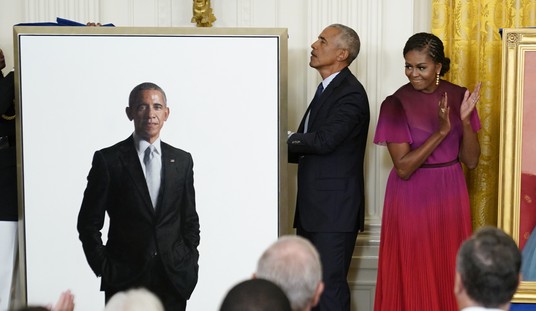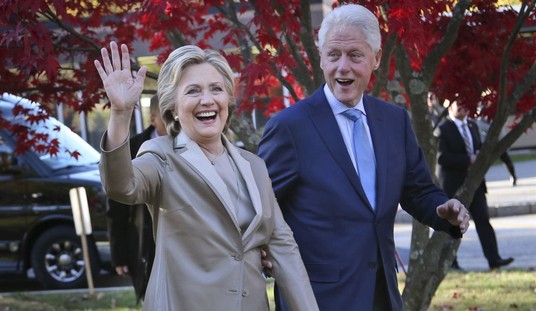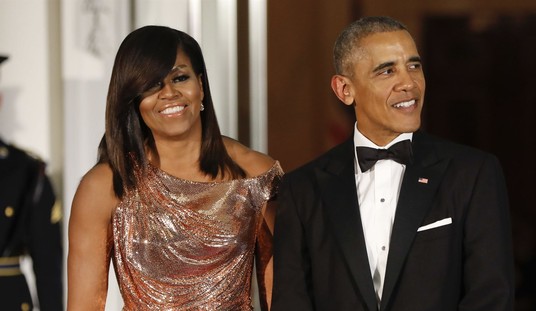The 527 Harry Reid Votes will file an ethics complaint against Senate Majority Leader Harry Reid of Nevada as early as this Friday. The complaint alleges that Reid violated “the Senate rules of conduct by accepting certain contributions from the top executives of a federal government contractor,” according to a draft of the letter to be sent to the Select Committee on Ethics. At issue is over $100,000 of campaign contributions made by Nevada defense contractor Arcata Associates to both Reid and the Nevada Democrat Party.
The small Nevada defense firm recently had a program terminated by the Department of Defense which was subsequently reinstated via an earmark request by Reid. According to Harry Reid Votes, the Obama administration initially rejected the earmark request, “but Senator Reid persisted to ensure that his major donor received funding.” An email from Arcata boss Tim Wong to PJM previously suggested that Arcata Associates has a long-standing corporate policy of supporting candidates. Corporate contributions to federal candidates are illegal if made by individuals on behalf of a corporation as Arcata’s email suggests.
Even if the transactions weren’t illegal, the complaint addressed to Ethics Committee Chair Senator Barbara Boxer and Vice Chair Senator Johnny Isakson, says the transactions are improper under guidelines adopted by the Senate. The letter quotes the Senate Ethics Manual, which declares, “[c]ertain conduct has been deemed by the Senate in prior cases to be unethical and improper even though such conduct may not necessarily have violated any written law, or Senate rule or regulation.”
The complaint asks that an investigation be opened because “Senator Reid appears to have violated at least one tenet of the Code of Ethics for Government Service.” It seeks to have Reid reprimanded “strong[ly] and severe[ly],” citing the case of former Senator Alan Cranston. Cranston, a Democrat, was a member of the “Keating Five” reprimanded in 1991 for intervening on behalf of Lincoln Savings, which was facing mounting federal scrutiny. Charles Keating, the Lincoln boss, made substantial contributions to groups associated with Cranston in return for access to the senator from California. Lincoln Savings failed in 1989. The federal government, which covered billions in deposit guarantees, later sold Lincoln’s assets at substantial losses to the government.









Join the conversation as a VIP Member